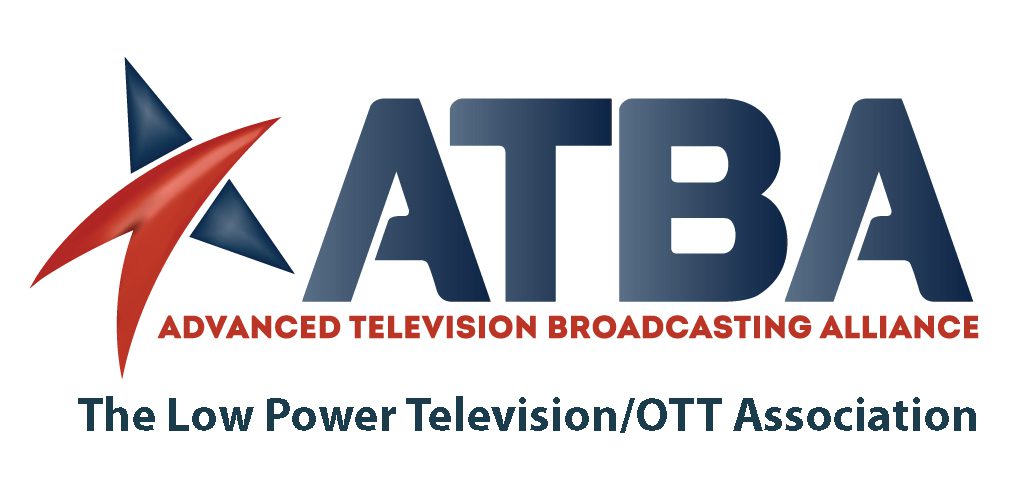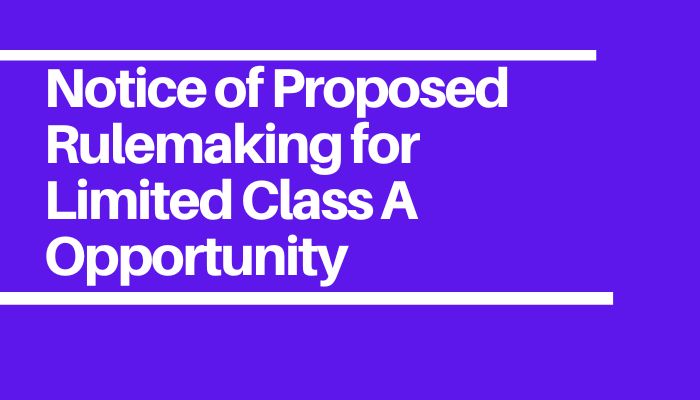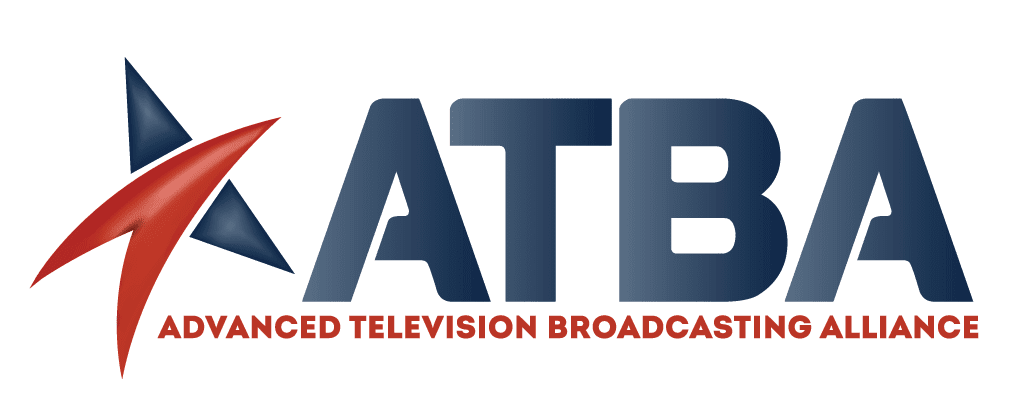The Federal Communications Commission is moving forward with its effort to provide a new, limited opportunity for LPTV stations to apply for Class A status pursuant to the Low Power Protection Act (“LPPA”). In the LPPA, Congress directed the FCC to commence a rulemaking to provide low power TV stations with a limited window of opportunity to apply for primary status as a Class A television service. The FCC adopted a Notice of Proposed Rulemaking (NPRM) on March 29, 2023 to implement that requirement. Comments will be due 30 days after publication of the NPRM in the Federal Register, with reply comments due 30 days later.
To be eligible for Class A status under the LPPA, a station must meet the following criteria:
- Between October 7, 2022 and January 5, 2023, the station must have broadcast for a minimum of 18 hours per day, broadcast a minimum of 3 hours per week of locally produced programming, and been in compliance with the Commission’s requirements for LPTV stations;
- As of the date of its application for Class A status, the station must be in compliance with certain rules for full power television stations;
- The station must satisfy the requirements of 47 CFR § 73.6001(b)-(d) or any successor regulation;
- The station must demonstrate that it will not cause any interference;
- As of January 5, 2023, the station must have operated in a Designated Market Area with not more than 95,000 television households.
The FCC is seeking comment on a number of tentative conclusions:
- Only stations licensed as LPTV stations will be eligible for Class A status. TV translator stations will not be eligible because they do not originate programming. Additionally, stations have not completed their digital transition are not eligible to apply for the Class A designation because they are required to be silent and do not meet the operating criteria.
- Locally produced programming means programming that is produced within the predicted noise-limited contour of the station (or within the contiguous predicted noise-limited contours of any Class A stations in a commonly owned group).
- To be in compliance with the operating rules for full power stations as of the date of its application, a station must comply with all of the requirements of Section 73.6026, including commercial limits in children’s programming, KidVid, and maintaining an online public file.
- Stations that receive a Class A license must comply with all Class A regulations.
- The exception to the statutory eligibility criteria only applies “where such deviations are insignificant or when . . . there are compelling circumstances” such as a natural disaster or interference conflict that forced the station off the air.
- A station applying to convert to Class A status must demonstrate compliance with the applicable interference protection standards for digital Class A licensees (and not any outdated interference requirements).
- A station applying to convert to Class A status must protect LPTV and TV translator stations and land mobile stations.
The most open-ended section of the NPRM relates to what constitutes “operat[ing] in a Designated Market Area with not more than 95,000 television households.” The FCC seeks comment both on the meaning of the word “operates” and whether it should use the Nielsen Local TV Station Information Report or an alternative local market system. The FCC proposes that a station applying for Class A status must demonstrate that its transmission facilities are located within the qualifying DMA,. Although the Commission observes “operating” can also mean that the station’s protected contour merely extends into the geographic area of the qualifying DMA, it tentatively concludes that the former approach is more consistent with Congressional intent. The Commission also proposes to use the Nielsen Local TV Station Information Report to DMAs. Although the FCC seeks comment on a proposal by the LPTV Broadcasters Association to, instead, use Metropolitan Statistical Areas (MSAs) and Rural Service Areas (RSAs) as defined by the Office of Management and Budget (OMB), it tentatively concludes that those are not alternative local market systems.
The Commission also asks whether stations submitting a Class A application must continue to meet the eligibility requirements after submitting their application.
Parties interested in filing comments should keep their eyes out for the Federal Register publication.









